Strengthening the Capacity of Financial Sector Regulators and Supervisors (TA)
Details
|
Project |
37739-012 |
|
Related Projects |
Search |
|
Type |
TA |
|
Sector |
Finance |
|
Country |
Regional |
|
Start |
2003 |
|
End |
2007 |
|
Status |
Closed |
|
Last Edited |
05 Jul 2021 |
Project Description
Lack of adequate financial sector regulation and supervision was one of the major causes of the Asian financial crisis. In addition to policy and governance issues, inadequate capacity of banking supervisors and securities regulators was identified as a key constraint to implementing the best international practices in financial sector regulation and supervision in many of the affected countries. In response, finance ministers of member economies of the Asia-Pacific Economic Cooperation (APEC) endorsed the establishment of the APEC Financial Regulators Training Initiative (FRTI) in May 1998 to enhance training efforts for financial regulators at national and regional (i.e., within Asia) levels. Since then, ADB has been acting as the Secretariat to the FRTI and financially supporting its training activities by providing six TAs.
Progress
(as of March 2021)
Project closed
News and Multimedia
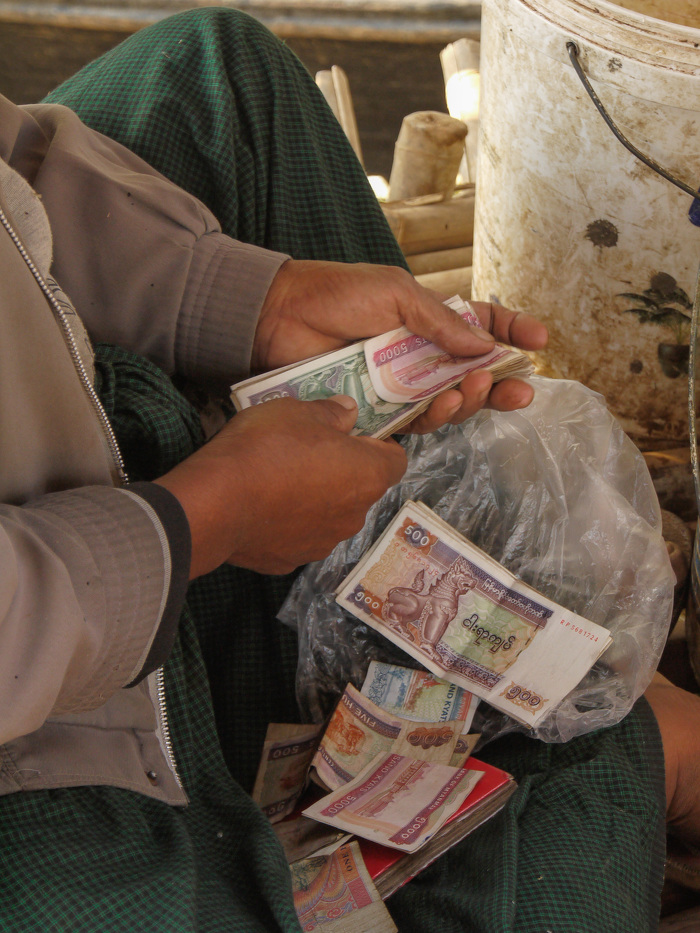
Myanmar's currency is the Kyat. On April 1, 2012, the Government of Myanmar began allowing for a managed float of the kyat and legalized the use and exchange of foreign currencies in Myanmar to better reflect the global exchange rates and attract investment.
Source: ADB Flickr
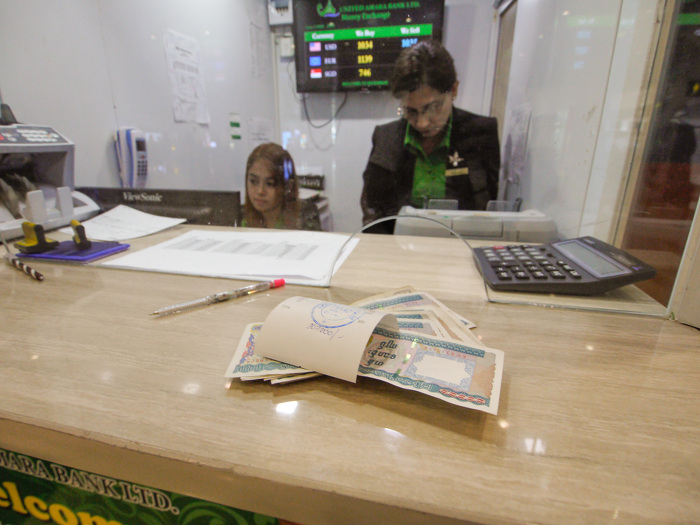
Money changers do brisk business with foreigners at the Mingaladon International Airport. On April 1, 2012, the Government of Myanmar began allowing for a managed float of the kyat and legalized the use and exchange of foreign currencies in Myanmar to better reflect the global exchange rates and attract investment.
Source: ADB Flickr
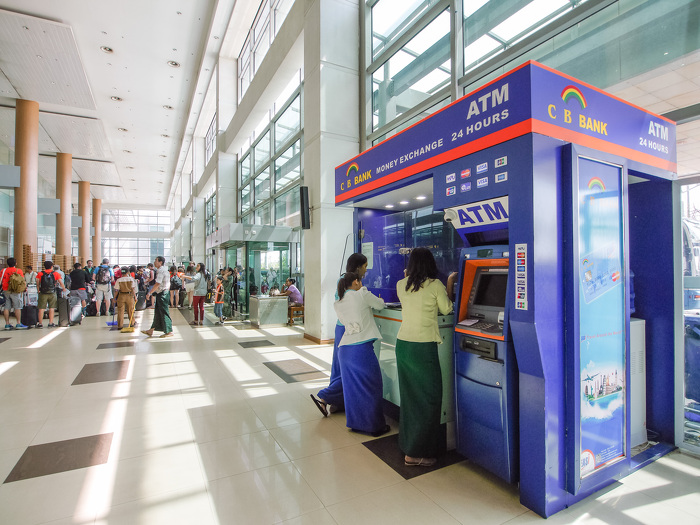
Banks and Automated Teller Machines await customers in Yangon. In 2012, the Asian Development Bank granted a $512,000,000 loan to Myanmar for the purpose of upgrading banking services alongside major investments in road, energy, irrigation and education projects.
Source: ADB Flickr
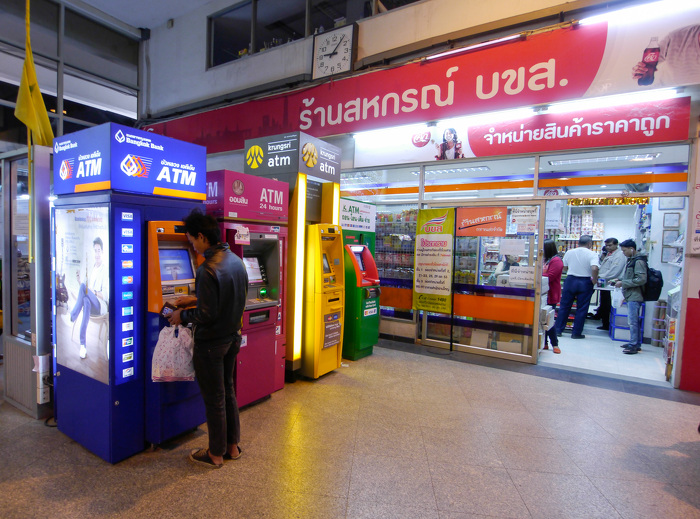
Automated Teller Machines (ATM) are readily available in most towns and cities throughout Thailand. From 1969 to 2009, the country's gross national income (GNI) grew from US$210 to $3,760 in current figures, or 17 times over the last 40 years.
Source: ADB Flickr
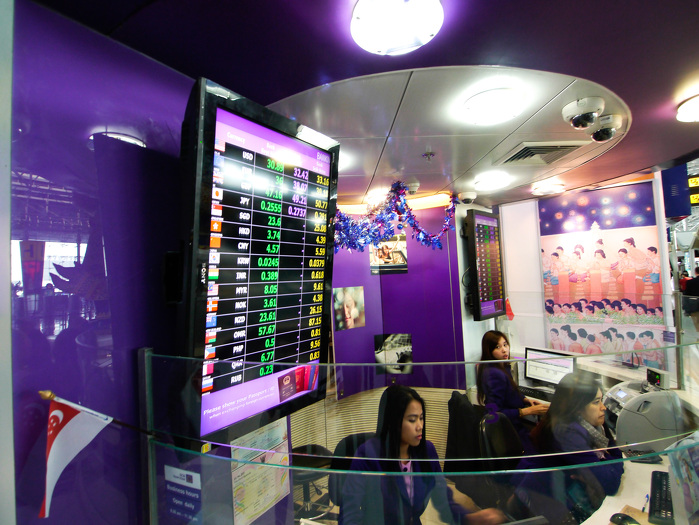
Bangkok's foreign exchange booths do brisk business at all times of the day. The huge numbers of foreign tourists in Thailand have highlighted the need for access to money changers.
Source: ADB Flickr
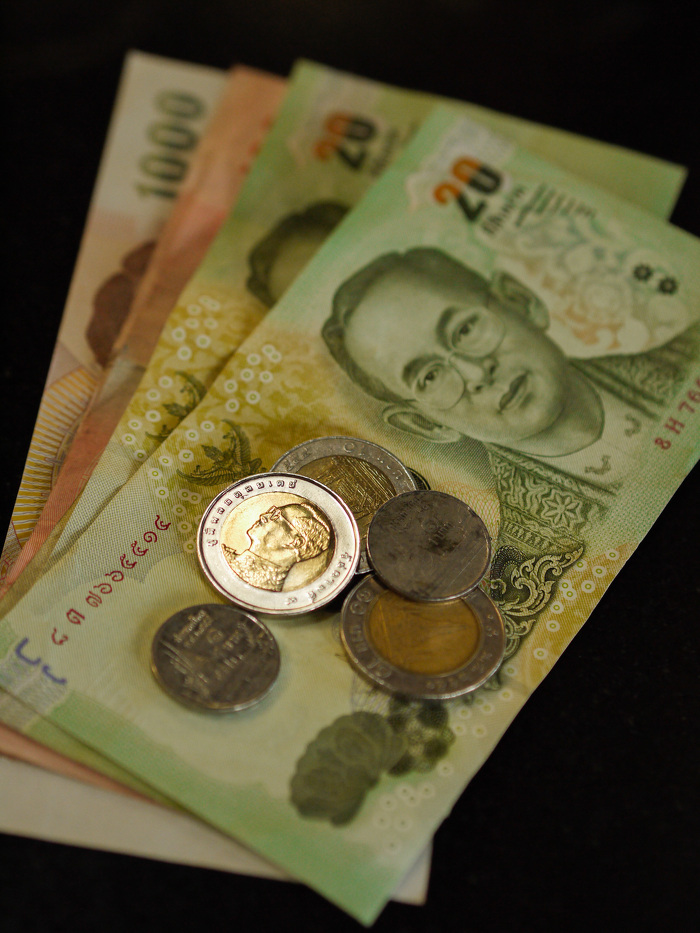
The Baht is Thailand's official currency. According to SWIFT, as of October 2014, the Thai baht ranked as the tenth most frequently used world payment currency.
Source: ADB Flickr
- Supported sustainable economic growth by facilitating the development of stable and sound financial systems. Strengthened financial sector regulatory and supervisory systems.
- Increased incorporation of international best practice approaches in training programs for financial sector regulation and supervision at regional and national levels.






